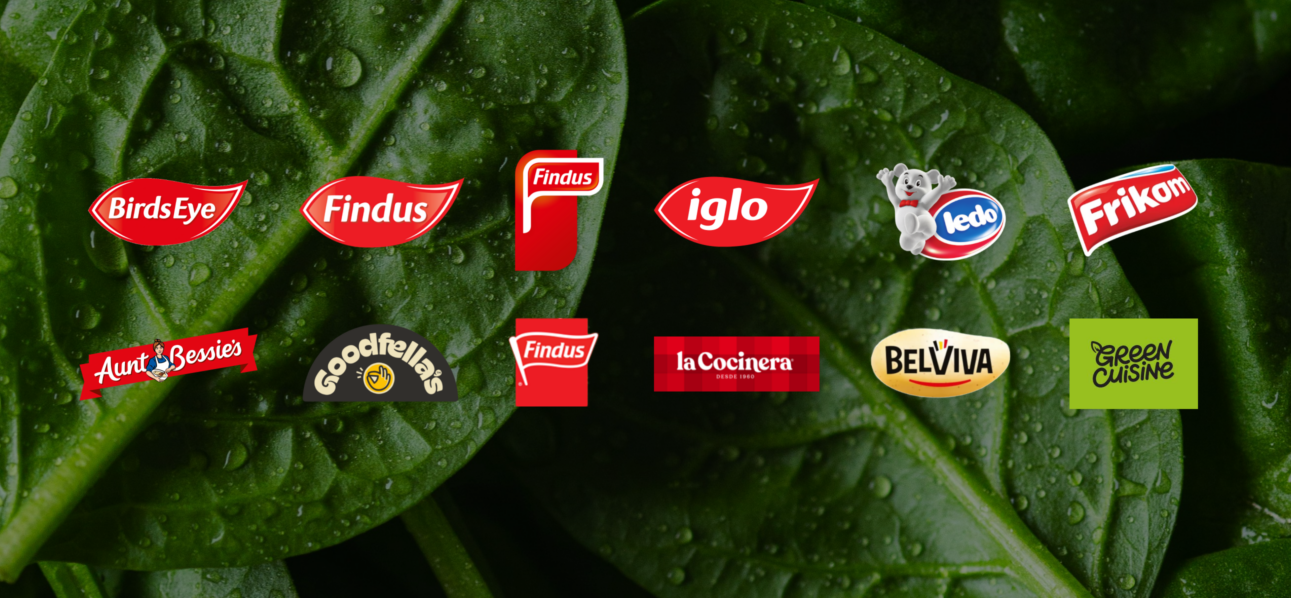Highlights
- Birds Eye owner Nomad Foods saw Q2 revenue fall 0.8% to €747m, with organic sales down 1.1%.
- Warm weather across Western Europe impacted frozen food demand; full-year guidance lowered.
- Retail sell-out and market share improved, with 1% Q2 growth through Nielsen/Circana channels.
Nomad Foods, the owner of UK frozen food giant Birds Eye, has cut its full-year guidance after reporting a dip in second-quarter sales and profits, blaming record warm weather across Western Europe for disrupting shopper behaviour and denting demand for frozen savoury products.
Group revenue in the three months to 30 June fell 0.8 per cent year-on-year to €747 million (£648m), while organic revenue – which excludes currency and M&A effects – was down 1.1 per cent, driven largely by a 1 per cent volume decline.
Adjusted EBITDA dropped 7.2 per cent to €129 million, while adjusted earnings per share slipped 9.1 per cent to €0.40.
Chief executive Stéfan Descheemaeker described the results as “more challenging than expected” and cited “record-setting warm weather” as a key factor, impacting both consumer demand and retailer merchandising strategies.
“While this is unfortunate, we also recognise that it is transitory,” Descheemaeker said. “Our focus remains on what we can control. Our commercial flywheel remains effective, and our innovation and renovation initiatives are gaining momentum.”
Despite the headwinds, Nomad grew its market share during the quarter and achieved a 1 per cent retail sell-out growth across Nielsen and Circana measured channels through mid-June – bringing year-to-date growth to 0.7 per cent.
Full-year outlook downgraded
The company, whose brands in the UK also include Aunt Bessie's and Goodfella's, is now expecting full-year organic revenue to range from flat to a 2 per cent decline – a downgrade from its earlier projection of 0 per cent to 2 per cent growth.
Adjusted EBITDA is forecast to decline by 3 per cent to 7 per cent (versus previous guidance of flat to +2 per cent), while adjusted EPS is now expected to land between €1.64 and €1.76, down from the prior €1.82 to €1.89 range.
Co-chairman and founder Noam Gottesman remained upbeat about the business's underlying health, noting that Nomad had “stabilised market share” and put in place “impressive” growth initiatives for the remainder of 2025 and beyond.
“While Nomad Foods has faced a number of external headwinds this year, I am encouraged by the improved in-market performance,” he said. “I believe that category growth will recover, which will translate into strong financial results going forward.”
Cost controls and marketing spend
Despite the sales slowdown, the company managed to trim adjusted operating expenses by 11.4 per cent in Q2 to €103 million, driven by a double-digit reduction in overheads. Marketing investment was modestly lower in Q2 but remains up 5 per cent year-to-date, suggesting continued support behind its core brands.
Adjusted gross margin fell by 310 basis points to 27.8 per cent, reflecting continued supply chain inflation.
For the first half of the year, revenue stood at €1.5 billion, down 1.9 per cent, with organic revenue down 2.4 per cent and adjusted EBITDA down 4.7 per cent to €249 million.


